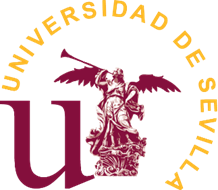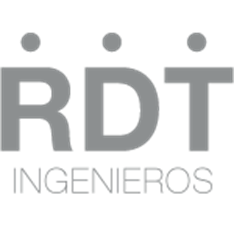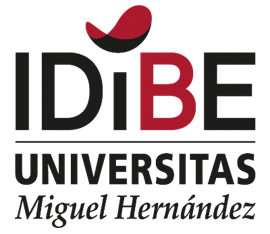Life Project: NEEVE
Preamble
Transportation is one of the human activities with the greatest impact on air pollution. In 2020, the WHO (World Health Organisation) reported outdoor air pollution which is currently dominated by very fine particles with a diameter equal to or less than 2.5 µm, emitted largely by automobile traffic, causing the death of 4 million people per year worldwide, mainly because their effects in cardiopulmonary organs.
According to a recent European Environment Agency (EEA) report on Health and Environment, every year in the EU over 400,000 premature deaths are likely due to ambient air pollution. Moreover, the EU commission has estimated at least 330 billion euros annual economic cost for air pollution. Therefore, the commission has established the following set of targets to achieve by 2030 in the “EU Action Plan: Towards Zero Pollution for Air, Water and Soil”:
- Improving air quality to reduce the number of premature deaths caused by air pollution by 55%.
- Improving water quality by reducing waste, plastic litter at sea (by 50%) and microplastics released into the environment (by 30%)
- Reducing by 25% the EU ecosystems where air pollution threatens biodiversity.
With the purpose of protecting air quality, European regulations (EURO) are introduced, which regulate the limits of polluting emissions from transport (e.g. EU 2018/1832). Implementation of stringent emission regulations and the growth of electric vehicles, mean that more attention should be shifted to road traffic-derived non-exhaust emissions (NEE).
Objective of the NEEVE project
NEEVE’s general mission is to address the abovementioned situation and give the various actors information, methods and tools to reduce the problems.
The main technological goal of the NEEVE project is to design, develop and demonstrate innovative techniques and methods for the measurement and reduction of non-exhaust emissions (particles and microplastics) from vehicle/road elements (brakes, tyres and pavements).
Overall research method
To achieve the general goals, the NEEVE consortium plans to characterize, design and develop real-time onboard measurement systems for vehicles to measure and monitor NEE, such as the particle mass (e.g. PM10, PM2.5), particle number (PN), size and distribution, chemical analysis, as well as morphological analysis with electron microscopy. Moreover, NEEVE consortia will design, develop and test less polluting vehicle/road components (brake pads/discs, tyres, and pavements) in real pilot demonstrations to minimise the NEE of particles and microplastics due to the braking system, and the tyre-pavement interactions.
Some of the new components, such as brake pads/discs and new road pavements, will be offered commercially.
Contribution from ICER Brakes
ICER Brakes will actively collaborate and play a key role in achieving the objectives of the Life NEEVE project.
Main tasks:
- It shall provide standard brake pads and discs to enable an initial study of the emissions from the vehicle's brakes to be carried out.
- On the other hand, it will develop a new friction material that significantly reduces these emissions.
- In addition, it will propose a disc treatment in accordance with the material developed, which will also reduce particulate emissions.
With this Project, ICER reaffirms its commitment to innovation and sustainability, working on the development of effective solutions for the reduction of emissions. In this way, ICER and the rest of the NEEVE project partners are leading the way towards a cleaner a safer future for all, convinced that, with the implementation of these technologies, we will achieve a significant impact on improving ait quality and protecting the environment.
Project partners
The NEEVE consortium is composed of 10 partners:
- Centro de Investigaciones Energéticas, Medioambientales y Tecnológicas (CIEMAT), of Science, Innovation and Universities, of the Spanish Government
- Centro Tecnológico de Construcción (CTCON)
- CHM, Obras e Infraestructuras S.A.
- Horiba Europe GmbH
- ICER BRAKES S.A
- Paudire Innova
- RDT Ingenieros Madrid, S.L.
- Swedish National Road and Transport Research Institute (VTI)
- Seville University
- Universidad Miguel Hernández de Elche









